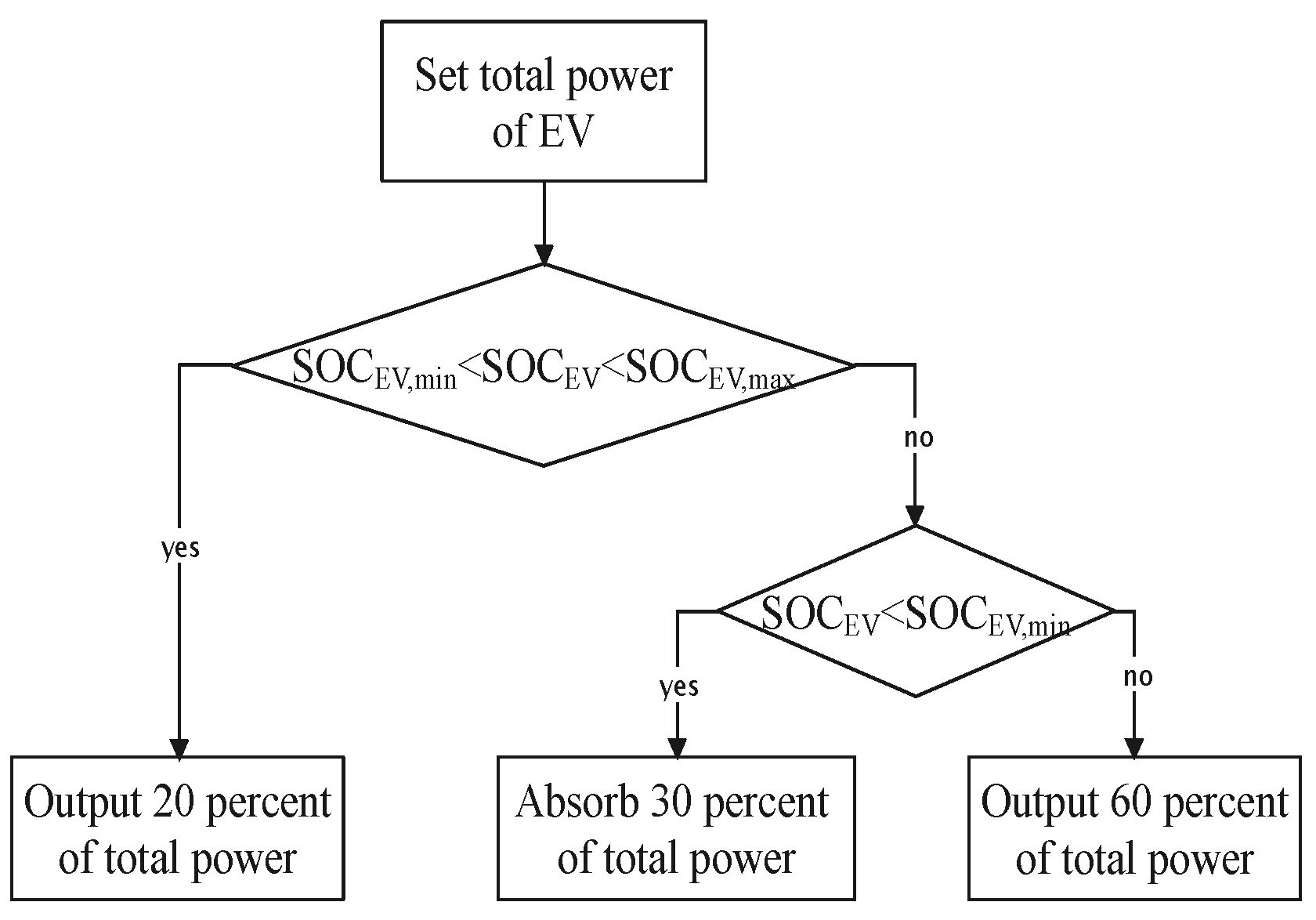
If the selected service only allows for “Treatment” appointment types, this page view may be skipped.Įvent: category “Clinicminds Scheduler” action “Appointment Type Selected” label appointment type (Note that you need experience with the developer console to use this.)įor new bookings, the following page views and events are tracked:Įvent: category “Clinicminds Scheduler” action “Scheduler Opened”Įvent: category “Clinicminds Scheduler” action “Service Selected” label service name This extension enables debugging mode of the Google Analytics tracker and shows information about everything that’s tracked in the browser’s developer console. The tracked page views and events for the three possible flows are listed below.Īlternatively, we recommend using the Google Analytics Debugger extension for Google Chrome. Also, some events are tracked during the booking flow. Copy the tracking ID.Īt every screen in the online scheduler, a page view is tracked. Find the right property, and click Tracking Info > Tracking Code. Sign in to Google Analytics and click Admin (bottom left). Or you can use your existing property from your main website, to register the data from your online scheduler together with your main website using cross-domain measurement.Īfter setting up a property, find its tracking ID in Google Analytics. Are you new to Google Analytics? Then follow the getting started guide.Īre you already using Google Analytics? Then you can set up an extra property, so the data from your online scheduler is registered separately from your main website. To use Google Analytics tracking, you need to have a Google Analytics account. This page provides a description of setting up and using the integration with Google Analytics. nycrc and tsconfig.json)Īre generated from a central template.You can use Google Analytics to track visitors to your Clinicminds online scheduler. Please note that this README.md, the samples/README.md,Īnd a variety of configuration files in this repository (including. More Information: Google Cloud Platform Launch Stages ContributingĬontributions welcome! See the Contributing Guide. Issues and requests against stable libraries because of critical security issues) or withĪn extensive deprecation period.
#GOOGLE SCHEDULER CODE#
The code surface will not change in backwards-incompatible ways

This library follows Semantic Versioning.
#GOOGLE SCHEDULER INSTALL#
The dist-tags follow the naming convention legacy-(version).įor example, npm install installs client librariesįor versions compatible with Node.js 8.


Each sample's README.md has instructions for running its sample. locationPath ( projectId, locationId ) // Construct the request body. CloudSchedulerClient ( ) // Construct the fully qualified location path. const projectId = "PROJECT_ID" // const locationId = "LOCATION_ID" // see: // const url = "." // where should we say hello? const scheduler = require ( ) // Create a client.


 0 kommentar(er)
0 kommentar(er)
